Part A Vocabulary
Learn the vocabulary and idioms related to the topic, and describe the picture.

Part A_1 Vocabulary
We’ll read aloud the words and expressions below. Please repeat after me. I will check your pronunciation.
(Please send the mispronounced words and expressions to your student.)
講師の真似をして単語を発音しましょう。
Part A_2 Vocabulary
 
|
come across ~
~に出くわす
|

|
tiny
小さな
|

|
reply
返事
|

|
invite ~ to …
…に~を招待する
|

|
remote
遠い、人里離れた
|
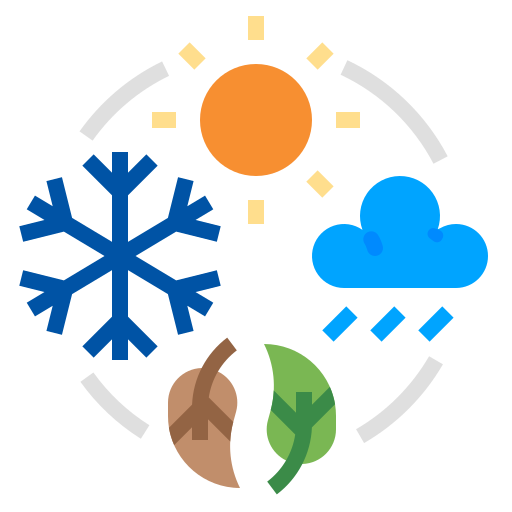
|
seasonal
季節の
|
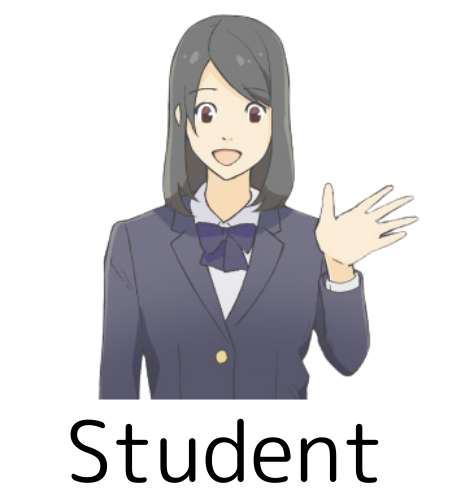
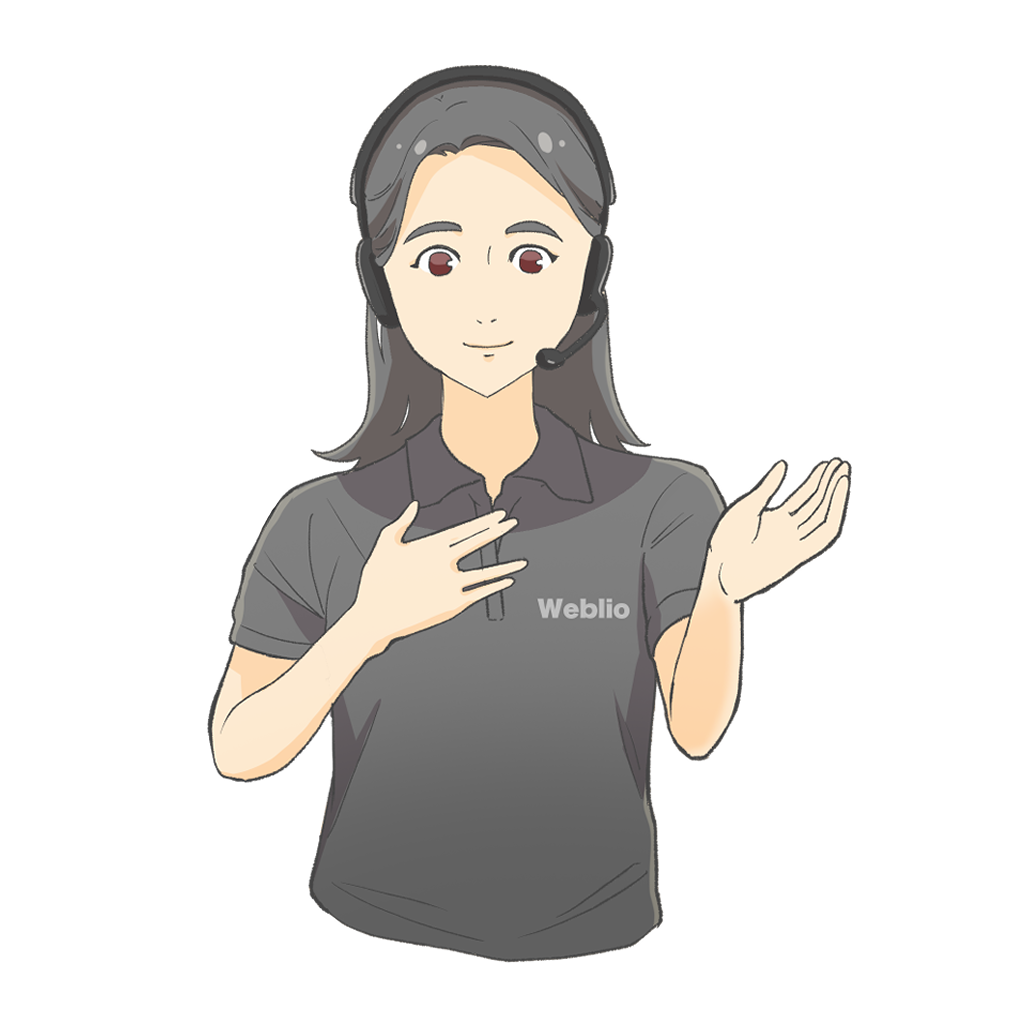
Part A_3 Vocabulary
Now, let’s review some words from part A_2.
(Please review the mispronounced words and expressions from part A_2.)
復習しましょう。
Part A_4 Vocabulary
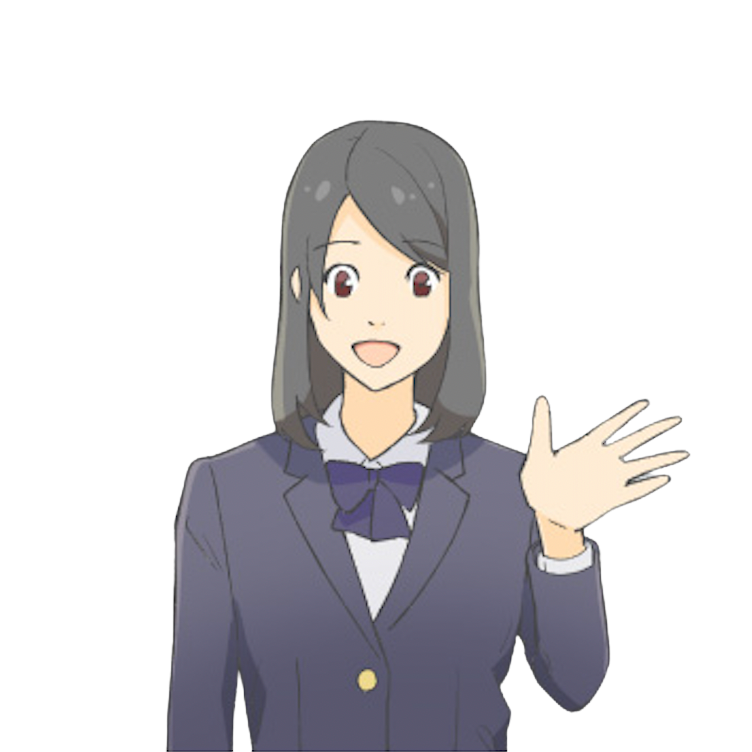

Part A_5 Picture description
Now, please look at the picture below. Give three actions that you see in the picture.
以下の写真を見てください。3人の人物が何をしているか描写してみましょう。

Part A_6 Picture description

Part A_7 Picture description
| 1. | |
| 2. | |
| 3. |


Part A_8 Picture description
Now, let’s review your answers.
Please review your student’s answers by sending the correct answers in complete sentences. After that, ask your student to read aloud his or her corrected answers.)
復習しましょう。
Part A_9 Picture description

Part B Passage reading
Read sentences and check your pronunciation. Make sure you understand the content.

Part B_1 Passage reading
You will read aloud the passage below. I will check your pronunciation and intonation.
(Please send the mispronounced words and expressions to your student.)
文章を読みましょう。
Part B_2 Passage reading
Living in Alaska
When I was a college student, I came across a picture that changed my life. It was a photograph of the small Alaskan village of Shishmaref. I got interested in going to this tiny village. Since I knew no one in the village, I wrote a letter to the mayor of Shishmaref and requested that he introduce me to a family that might allow me to stay. Six months later, I got a reply inviting me to come.
I visited Shishmaref in 1973 and stayed with an Eskimo family for the summer. I had new experiences every day. While living in Alaska, I learned that people still go about their daily lives despite being so remote. It’s the same as what we do in Japan.
I spent two years working for a photographer after graduating from college. In 1978, I visited Alaska again. I planned to stay for five years or so, but I ended up living there for 18 years! People think it’s always winter there, but there are clear seasonal changes. Alaska has wonderful nature, which is why I like it so much.


Part B_3 Passage reading
Now, let’s review some words and sentences from part B_2.
(Please review the mispronounced words and sentences from part B_2.)
復習しましょう。
Part B_4 Passage reading


Part B_5 Comprehension questions
I will ask the following questions. Please answer based on the passage. I will check if your sentences are complete and if the grammar is correct.
講師が以下の質問をします。読んだ内容をもとに答えましょう。

Part B_6 Comprehension questions
| 1. | Why did the speaker write a letter to the mayor of Shishmaref? |
Part B_7 Comprehension questions
| Answer: |


Part B_8 Comprehension questions
| 2. | What does the speaker say about people’s lives in Alaska and Japan? |
Part B_9 Comprehension questions
| Answer: |


Part B_10 Comprehension questions
| 3. | Why does the speaker like Alaska so much? |
Part B_11 Comprehension questions
| Answer: |


Part B_12 Comprehension questions
Now, let’s review your answers.
(Please review your student’s answers by sending the correct answers in complete sentences. After that, ask your student to read aloud his or her corrected answers.)
復習しましょう。
Part B_13 Comprehension questions

Part C Fill in the blanks
Fill in the blanks with the correct words/phrases to complete the sentences.

Part C_1 Fill in the blanks
Please choose a word/phrase to complete each sentence. Then, read aloud the sentences.
言葉を選んで文章を完成させましょう。そのあと音読しましょう。
Part C_2 Fill in the blanks

reply
come across ~
seasonal
| 1. | In Japan, you can experience __________ changes. |
| 2. | We’re looking forward to your __________. |
| 3. | I ____________ a very funny video on the Internet. |


Part C_3 Fill in the blanks
Now, let’s review your answers.
(Please review your student’s answers by sending the correct answers in complete sentences. After that, ask your student to read aloud his or her corrected answers.)
復習しましょう。
Part C_4 Fill in the blanks

Part D Q&A
Answer the questions and check your grammar. Make sure you understand the content.

Part D_1 Q&A
Please answer the following questions. I will check if your sentences are complete and if the grammar is correct.
講師が質問しますので答えましょう。
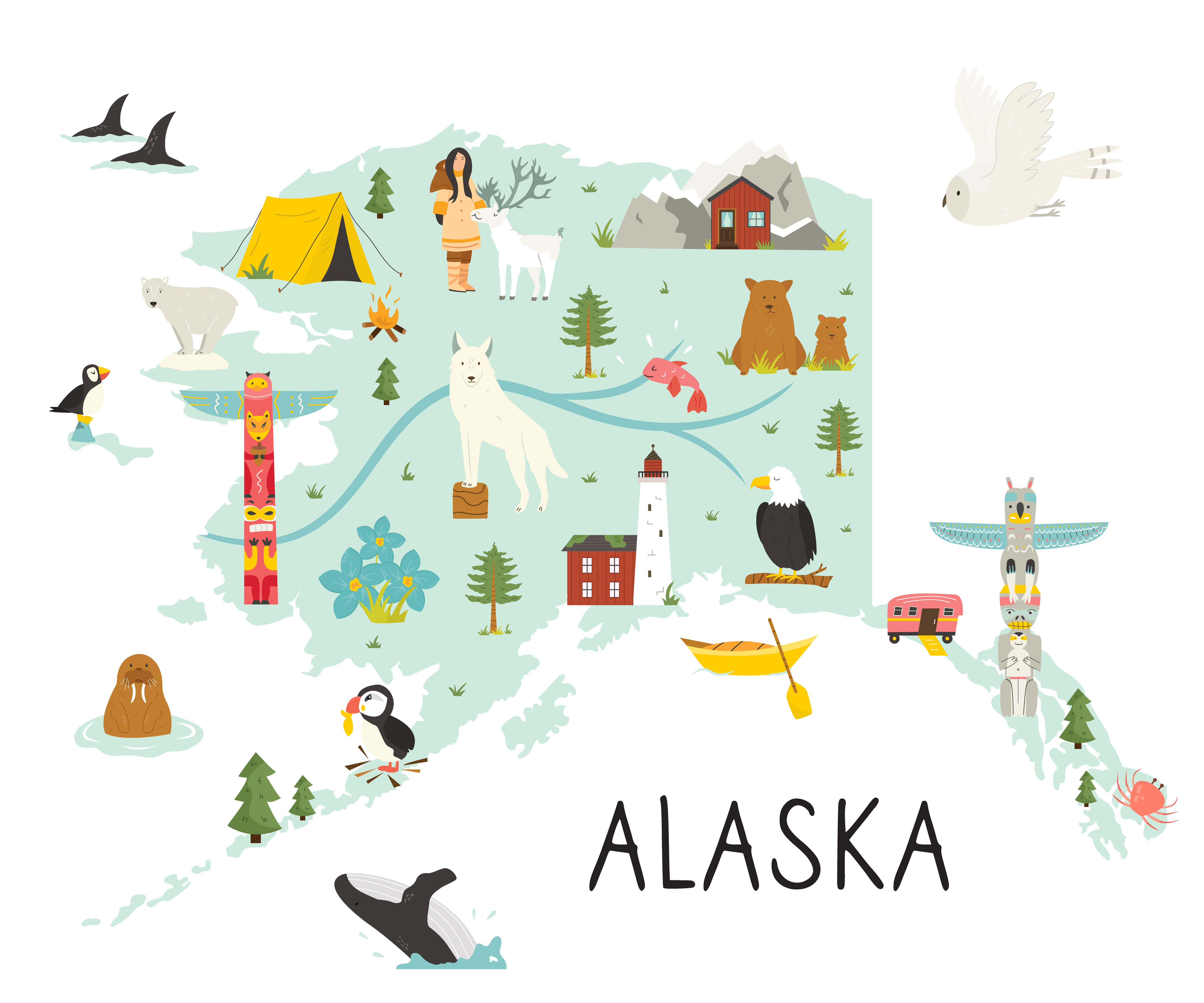

Part D_2 Q&A
| 1. | Do you want to visit Alaska? Why or why not? |
Part D_3 Q&A
| Answer: |


Part D_4 Q&A
| 2. | Which do you prefer, cold or warm places? Can you live in a cold place? Why or why not? |
Part D_5 Q&A
| Answer: |


Part D_6 Q&A
| 3. | When and how do you feel seasonal changes in Japan, spring, summer, autumn, and winter? For example: flowers and trees, food, etc. |
Part D_7 Q&A
| Answer: |


Part D_8 Q&A
| 4. | The speaker who wrote to the mayor of a small village can be considered very active. Do you take any action when you want to do so? |
Part D_9 Q&A
| Answer: |


Part D_10 Q&A
Now, let’s review your answers.
(Please review your student’s answers by sending the correct answers in complete sentences. After that, ask your student to read aloud his or her corrected answers.)
復習しましょう。
Part D_11 Q&A

Part E Free talk
Talk about the following topics.

Part E_1 Free talk
Let’s do a free talk about the following topics.
(Please do a free talk if you have time left.)
フリートークをしましょう。

Part E_2 Free talk
| 1. | Where do you usually go when you want to be close to nature? What is there? How do you feel nature there? |
Part E_3 Free talk
| Answer: |


Part E_4 Free talk
| 2. | Which do you prefer to live in the future, a city or a remote place? Why? |
Part E_5 Free talk
| Answer: |
